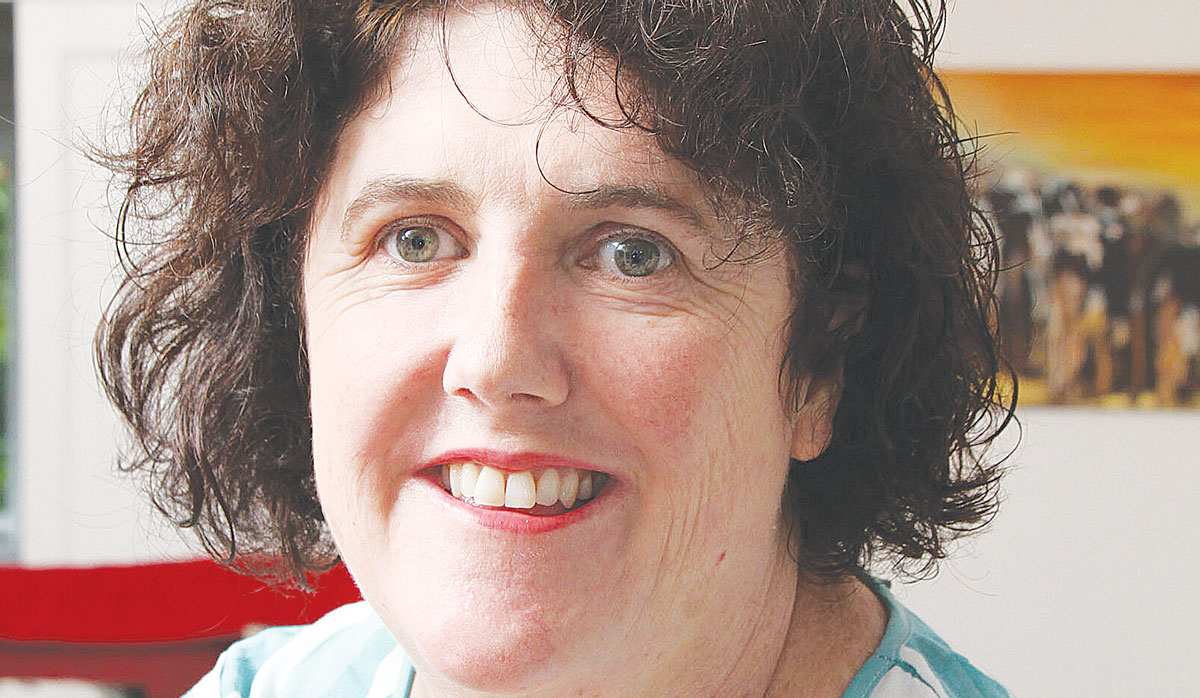State of the Dairy Nation 2024/25: DairyNZ Highlights Record Milk Production and Export Growth
DairyNZ's chief executive Campbell Parker says the 2024/25 dairy season reinforces the importance of the dairy sector to New Zealand.
DairyNZ's general manager of farm performance, Sarah Speight says while things are looking pretty good on farm, there is still concern about what the future might hold financially.
For example, she says while the forecast farmgate milk price is reasonably positive now, many farmers are worried about what might happen should this drop to $6/kgMS in June next year. She says that would be the time when interest rates would be reviewed and that, coupled with ongoing rises in the cost of fuel and other inputs, would really put the squeeze on some people.
Overall, Speight says the situation on farm is pretty good in terms of grass growth and crops. The exception to this she says is the East Coast and Hawke's Bay which were badly hit by Cyclone Gabrielle and where farmers are still repairing pasture and infrastructure on their farms.
"But in other parts of the country silage making is taking place and supplement levels are nearing normal. Remember that last year was hard in terms of making supplement," she says.
In recent weeks rain has made this a challenge, but Speight says they have been told by NIWA that the weather will be dry for the next four weeks so 'wait for the dry' is the message. But she warns farmers to leave sufficient grass behind so that pastures can recover if the dry conditions continue for too long.
One thing that Speight says she's noticed this season is that several farmers are using deferred grazing as a means of conserving pasture - something she says was common practice many years ago but is suddenly becoming fashionable again.
 |
|---|
|
Sarah Speight, DairyNZ. |
"In terms of milk production, most people are playing catch-up because the early season production was lower than usual, except for Southland and Canterbury. Overall the South Island has done well, and after a slow start the North Island is now approaching normal," she says.
Finally, Speight says with all the uncertainty that is still about, people are stressed and scratchy and mental health is something DairyNZ has on its radar to deal with.
Other issues such as education and the need for better infrastructure is high on the needs list for farmers and their families. For many it's a waiting and hoping game to see how much the new Government can do to sort things out in a reasonable time frame.
The Meat Industry Association of New Zealand (MIA) today announced that Chief Executive Officer Sirma Karapeeva has resigned from the role.
The winners of the 2026 Hawke’s Bay/Wairarapa Dairy Industry Awards were announced at the annual awards dinner held at Copthorne Solway Park in Masterton on Thursday evening.
Environment Southland is welcoming this week’s decision by the Environmental Protection Authority (EPA) to approve the release of Blaptea elguetai, a leaf‑feeding beetle that will help control the highly invasive Chilean flame creeper.
This March, the potato industry is proudly celebrating International Women’s Day on 8 March alongside the International Year of the Woman Farmer, recognising the vital role women play across every part of the sector — from paddocks and packhouses to research, leadership, and innovation.
Fruit trader Seeka posted a record profit and returns to shareholders in 2025.
Recent weather events in the Bay of Plenty, Gisborne/Tairawhiti, and Canterbury have been declared a medium-scale adverse event.
OPINION: Staying with politics, with less than nine months to go before the general elections, there’s confusion in the Labour…
OPINION: Winston Peters' tirade against the free trade deal stitched with India may not be all political posturing by the…